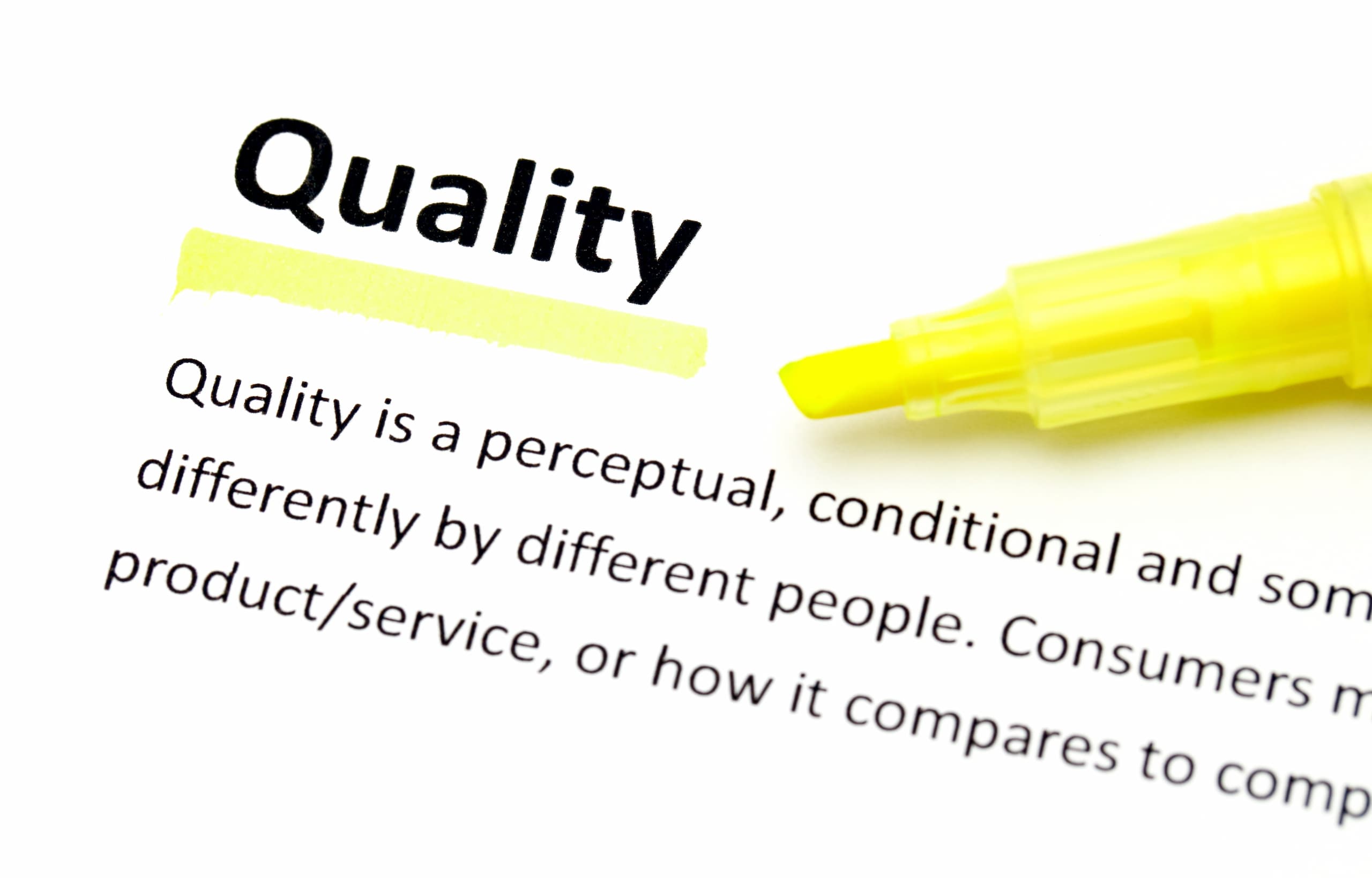
In a world where companies compete not only to attract new customers but also to retain the ones they already have, data quality has become a fundamental pillar for achieving customer retention. When your customer data is accurate, up-to-date, and reliable, you can offer personalized experiences that increase their satisfaction and keep them committed to your brand for the long term. In this blog, I will explain how the quality of your data directly impacts customer retention and how you can optimize your marketing strategies by using accurate data.
What is Data Quality, and Why Is It So Important?
Data quality refers to how accurate, complete, and relevant the data you have about your customers is. This includes basic information such as names, email addresses, and phone numbers, but also deeper data like purchase history, preferences, and behaviors. If the data you manage is inaccurate or incomplete, all your marketing actions can be affected. Campaigns that do not reach the right audience, emails that are not opened, and offers that do not generate interest are often the result of poor-quality data.
A Gartner study indicates that companies that maintain high-quality data see a 25% increase in customer retention. This is because interactions with customers become more relevant and personalized, making them feel valued and more likely to remain loyal to the brand.
Impact of Incorrect Data on Customer Retention
When data is incorrect or outdated, the impact on customer retention can be significant. Imagine a customer receiving a promotional email with their name misspelled, or you’re sending them an offer for a product they have already purchased. These types of errors not only harm your brand’s perception but also cause frustration for customers, which can lead them to seek options from competitors.
A report from Experian showed that 91% of companies believe that poor-quality data negatively affects customer satisfaction. When customer information is inaccurate, companies cannot offer the personalized experiences customers expect, directly affecting loyalty to the brand.
The Relationship Between Personalization and Data Quality
Personalization is one of the main strategies for retaining customers, and it directly depends on the quality of the data you manage. If you know your customers’ buying habits, interests, and previous interactions with your brand, you can create offers and messages that truly speak to their needs. However, for this personalization to be effective, you need accurate data.
For example, if you know that a customer often buys products from a particular category, you can send them personalized promotions related to those products. A Salesforce study revealed that 84% of consumers appreciate when companies treat them like people, not numbers. When companies use high-quality data to personalize their interactions, customers feel that the brand truly cares about them, which strengthens the relationship and boosts retention.
How Accurate Data Improves the Customer Experience
Customer experience is one of the most important factors in achieving retention, and accurate data plays a crucial role in enhancing this experience. When your data is correct and up-to-date, you can interact with your customers more quickly, efficiently, and personally. This not only increases satisfaction, but it also creates a stronger connection between the customer and the brand.
Imagine a customer has an issue with an order. If the data you have about them is up-to-date, you can quickly identify their purchase history and resolve the problem more effectively. This builds trust in the brand and shows that the company is committed to delivering a quality experience. A PwC report indicates that 73% of consumers consider customer experience to be a key factor in their loyalty to a brand. Accurate data allows you to offer an experience that exceeds customer expectations.
Strategies to Maintain Data Quality
Maintaining data quality is an ongoing process that requires effort and attention to detail. Here are some strategies you can implement to ensure that your data is always accurate and reliable:
1. Data Verification at The Entry Point
One of the main problems with poor-quality data is that errors are introduced from the start. By verifying data at the moment it is entered, you can significantly reduce errors in your database. This includes verifying email addresses, phone numbers, and other key data before they are stored in your system.
A Forrester study found that companies that implement data verification at the point of entry reduce data errors by 40%. Implementing this practice from the beginning ensures that the data you work with is accurate from the start.
2. Regular Updates and Cleaning of The Database
Data becomes obsolete over time, so it’s important to regularly clean your database to remove old or incorrect records. Constantly updating information ensures you are always working with accurate data, which improves the effectiveness of your campaigns and interactions with customers.
A Sirius Decisions report suggests that companies that perform regular cleanings on their databases experience a 20% improvement in customer retention rates. Keeping data up-to-date is essential for offering relevant experiences and avoiding errors in communications.
3. Automation in Data Management
Automating the data management process is an excellent way to maintain data quality without having to spend too much time doing it manually. Tools like CRMs and marketing automation platforms can help you manage data more efficiently, ensuring that information is always up-to-date and accurate.
For example, CRMs like Salesforce or HubSpot offer automated data validation functions, which allow you to keep a clean and organized database with less effort. A study by McKinsey found that companies that automate data management experience a 25% increase in the efficiency of their marketing operations. Automating these processes not only improves data accuracy, but also optimizes the time and resources dedicated to this task.
Long-term Impact of Data Quality on Customer Retention
Maintaining high data quality not only improves the immediate performance of your marketing campaigns, but also has a positive long-term impact on customer retention. When customers feel that a brand cares about them and offers personalized experiences, they are more likely to remain loyal in the long run. Additionally, precise data allows you to identify behavior patterns that help you predict when a customer is at risk of leaving the brand, enabling you to take proactive measures to retain them.
A report from Bain & Company shows that increasing customer retention rates by 5% can boost profits by 25% to 95%. Data quality is one of the most important factors for maintaining high retention rates. By ensuring that your data is accurate and up-to-date, you can create more effective strategies that keep customers engaged and loyal to your brand over time.
Conclusion
Data quality has a direct impact on customer retention. When the data is accurate, you can offer personalized experiences, avoid communication errors, and improve customer satisfaction, which increases brand loyalty. Implementing strategies such as data verification, regular database cleaning, and automation in data management are essential to ensure that the information you’re working with is reliable and relevant.
In a world where customer retention is key to the long-term success of a business, investing in data quality not only improves the efficiency of your marketing campaigns but also strengthens customer relationships, ensuring they remain loyal and committed to your brand.






No comment yet, add your voice below!